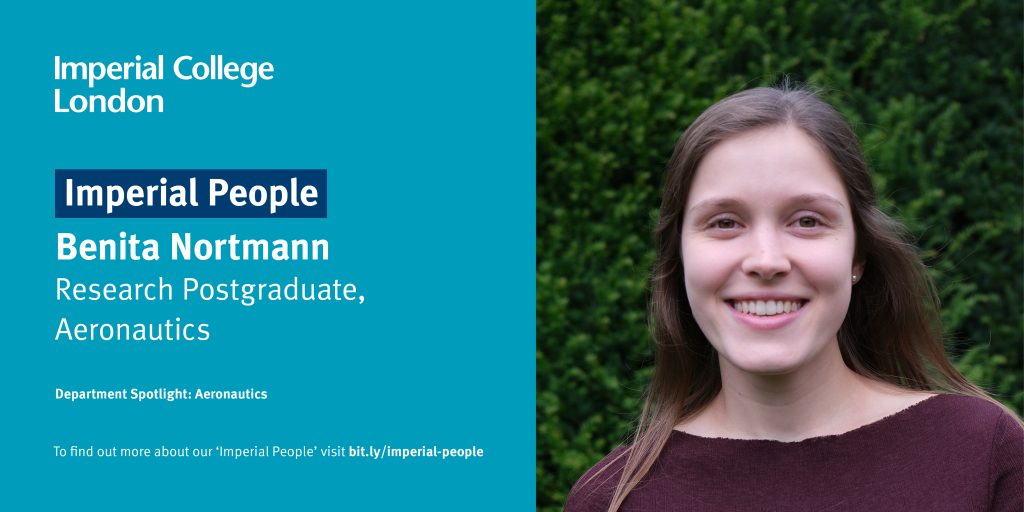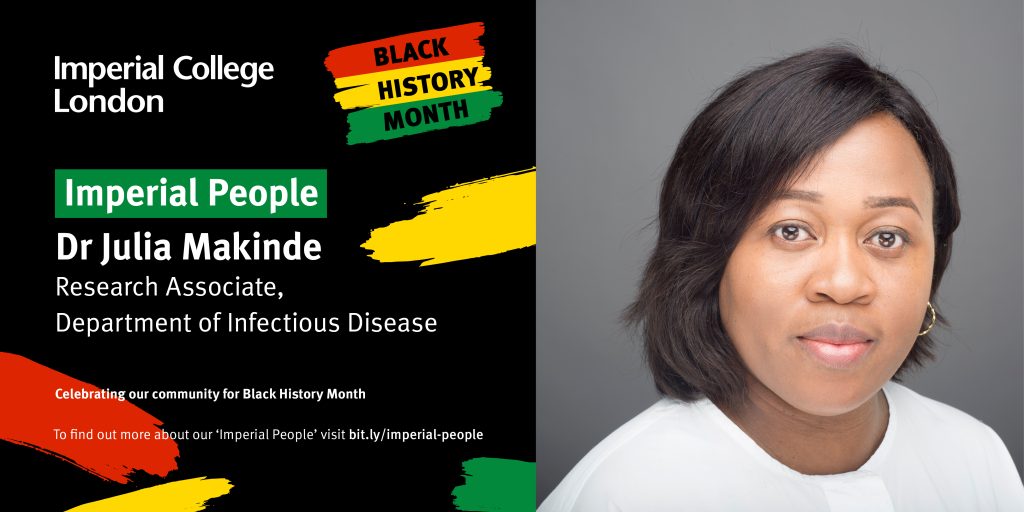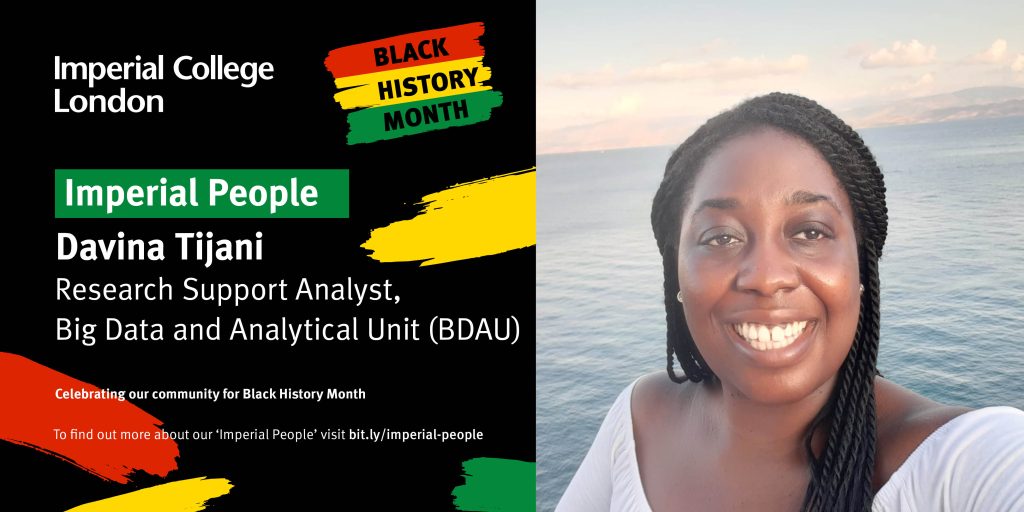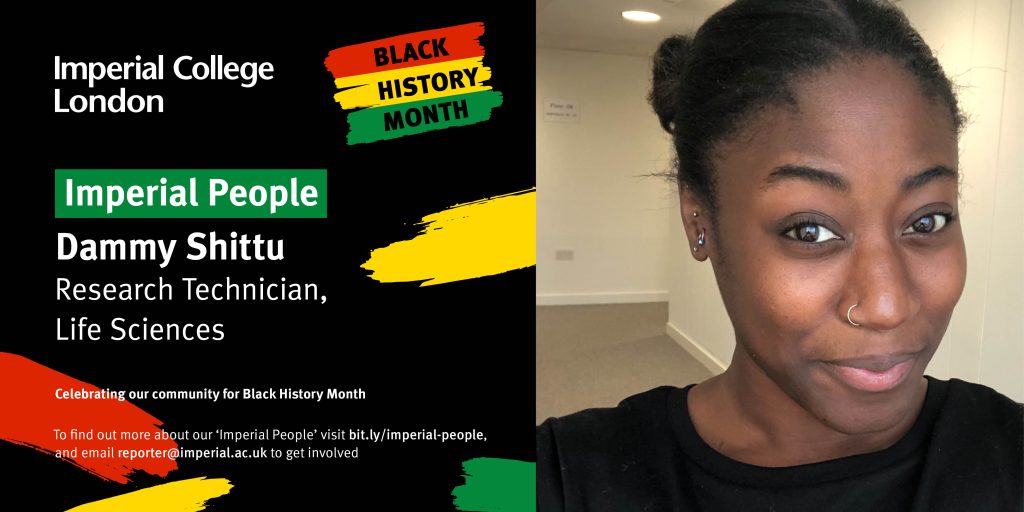
“From smart manufacturing to autonomous flight, I believe that control and automation will play a crucial role in the future of the aerospace industry.”
If science is all about understanding the world around us, engineering is about using this knowledge to build systems that make our environment safer, more efficient, and more enjoyable. Control engineering in particular, focusses on using mathematical models to design input laws, which allow us to modify and shape the behaviour of such systems.
My PhD project at Imperial’s Department of Aeronautics explores the role of information in control engineering and how to overcome the lack of it. Particular focus is given to networked systems, which consist of multiple interconnected parts such as power networks or satellite constellations. The aim is to develop systematic control design methods which guarantee a desired performance based only on limited available information. This challenge is addressed in my research by combining methods from dynamic game theory, which provides tools to model the interaction of strategic decision-makers, and direct data-driven control, in which unknown system information is replaced directly with measured data.


